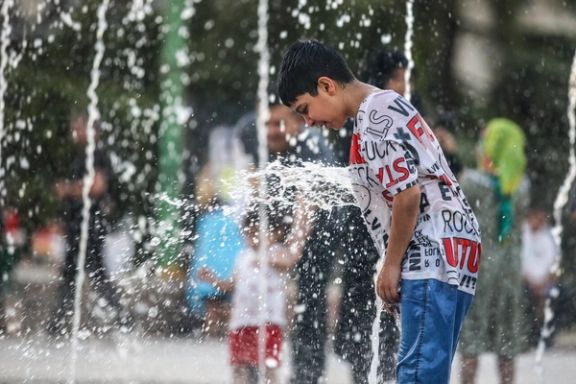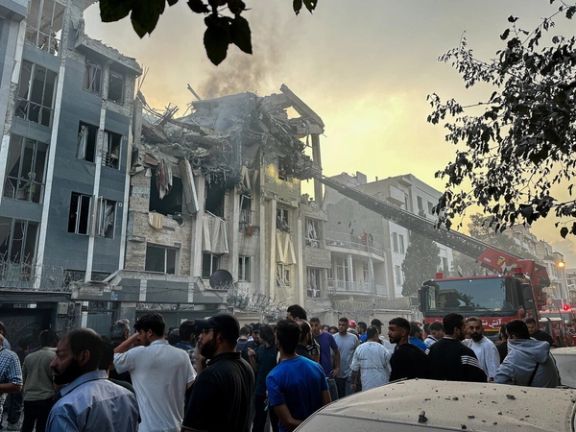'At least we have security': old mantra becomes bitter joke in postwar Iran

Life in Iran feels suspended, with many convinced war will return and unable to plan for the future beyond how to endure it when it comes.

Life in Iran feels suspended, with many convinced war will return and unable to plan for the future beyond how to endure it when it comes.
At first, though, it did not even look like a war.
On the first day—when Revolutionary Guards commanders and nuclear scientists were killed in Tehran and several buildings destroyed—many assumed Israel had struck and left. Only on the second day did people realize this was a full-on fight.
The ceasefire brought no relief. Few believe it will last, and fear of another round now shapes daily life.
A state-run institute, ISPA, which conducts large-scale surveys, said in its latest poll of Tehran residents that more than 50 percent fear another war, and 15 percent are considering leaving the capital permanently.
Lives on hold
That expectation has deepened the instability already weighing on people’s lives—economic hardship, social strain, legal uncertainty, and now the risk of sudden displacement or death.
Everyone I know, depending on their means, looks for some precaution. For some, an external attack is imagined as the only way to end authoritarian rule; others oppose war because of its destruction.
Either way, the looming threat dictates their choices.

“How have you prepared yourself for the war to start again?” This is the question I often ask when the subject arises, and the answers are revealing.
Those with greater resources look to buy a house or land outside Tehran in safer areas to take refuge in if the fighting resumes.
The usual destinations—northern provinces of Mazandaran and Gilan on the shores of the Caspian Sea—ran out of housing. Existing homes and villas were rented at several times the normal price, leaving many latecomers stranded.
Anywhere but Tehran
When the ceasefire came, my friend’s 69-year-old mother, who is of relative means, began scanning rental ads and leased an apartment for a year in a village in Gilan.
She said she never wanted to relive the despair of those 12 days, when everyone had left and she, her husband, and sons remained in one of Tehran’s most dangerous areas, next to barracks and military bases.
But others told me that, unable to afford a second home or a rental elsewhere, their only option was to stockpile basic food supplies.

Farideh, who lives with her husband and two children in Tehran, has not removed the taped X’s she put on her windows to mitigate shattering from air strikes. She says they will be needed, and there is nothing else she can do.
Saber, 42, who works in tech support, answered that he has packed a backpack with a tent, sleeping bags and essentials so that when war starts, he can grab it and flee anywhere.
‘Keep the tank full’
Those who have a place to go outside the capital are keeping their car’s tank full—always.
“I fill it up before it’s half empty,” says Sina, a personal trainer at an upscale gym. “During the war, I once waited three days for gas and couldn’t leave Tehran. Now anxiety creeps in as the gauge moves down.”
“I know it sounds crazy, but we don’t know when Israel may strike, right?” he exclaims. “It could be any moment.”
And then there are those with no plans at all.
Some can’t bear the thought of another war. They prefer not to prepare, to avoid even greater stress. Others see war as so devastating that any precaution feels absurd.
For years, one phrase was often repeated in response to every shortcoming or protest about the country’s internal situation: “At least we have security.”
Today, that line has become a bitter joke.